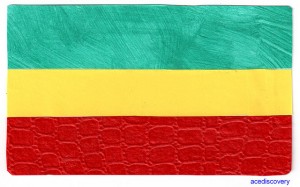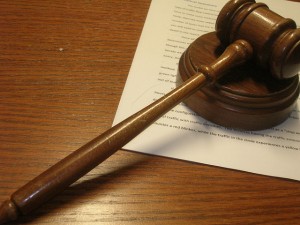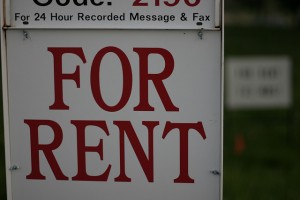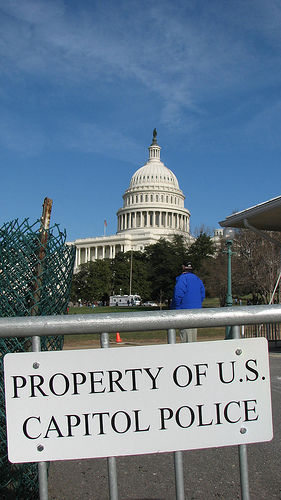What does it really mean to be “African American?” Does the term refer to people with slaves as ancestors, or is it just as applicable to recent African immigrants?
It’s a conversation we’ve previously explored, and it’s front and center in an ongoing legal dispute involving a jazz club near Howard University.
Here’s the gist, according to the Washington City Paper: The Enterprise Theater & Jazz Lounge was opened by Charletta Lewis, who is now suing her landlord. She claims that landlord Michael Ressom racially discriminated against her by leasing her a building that wasn’t up to code, and therefore, she couldn’t legally open for business. Lewis is black, Ressom is an Ethiopian immigrant. Her complaint states that Ressom “is a non-African-American man.” Ressom and his lawyer declined to comment to the City Paper, while Lewis’ lawyer Jimmy Bell explained:
“He’s not African-American!” Bell says, when asked if Ressom’s ethnicity damages his case. “African-American means you are a descendant of a slave! This guy’s an Ethiopian immigrant, who wasn’t naturalized as a citizen until November 2010.”
General discrimination claims of this sort aren’t that all uncommon. Some taxicab complaints were officially filed with the D.C. Taxicab Commission by people who write they are black and claiming they were racially discriminated against by African cabbies. But for every story about animosity between D.C.’s black and Ethiopian communities, there is another about good will and unity between the groups.
Still, our question remains: is lumping everyone together as “African American” really the most accurate racial identifier?






